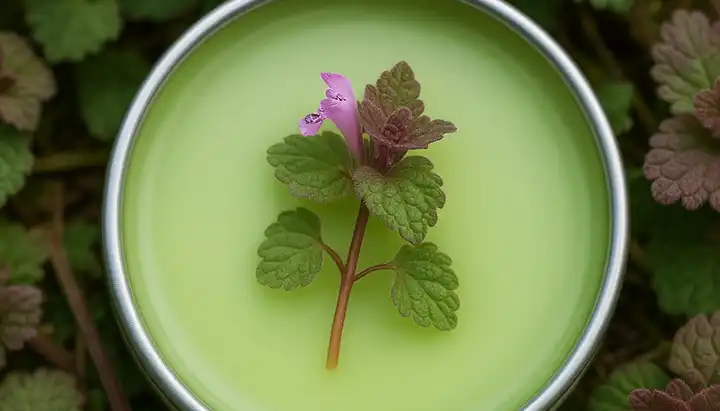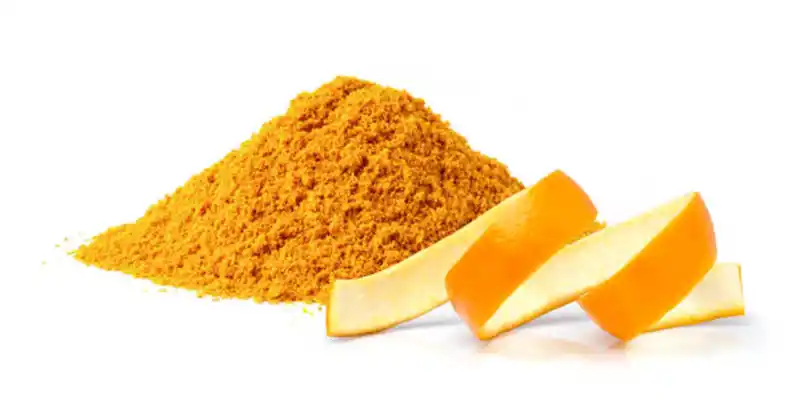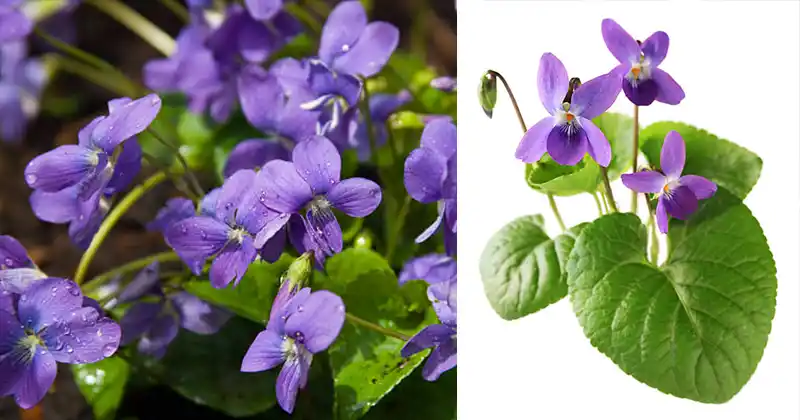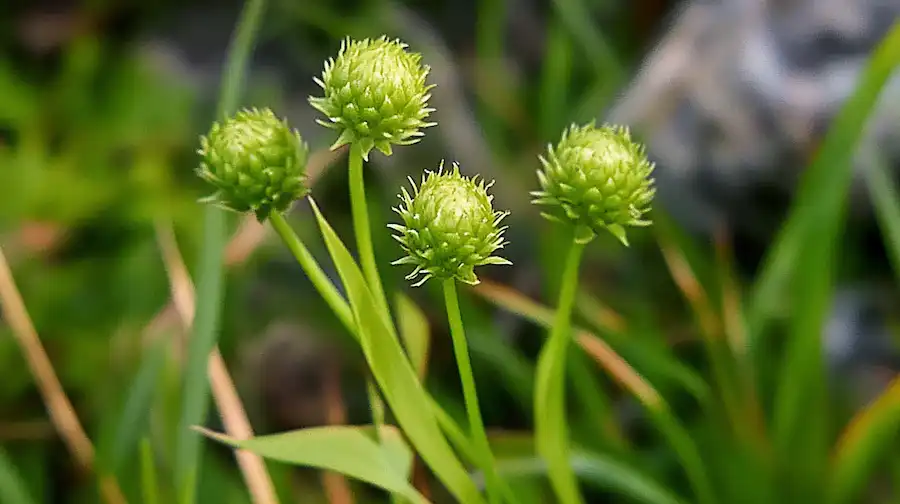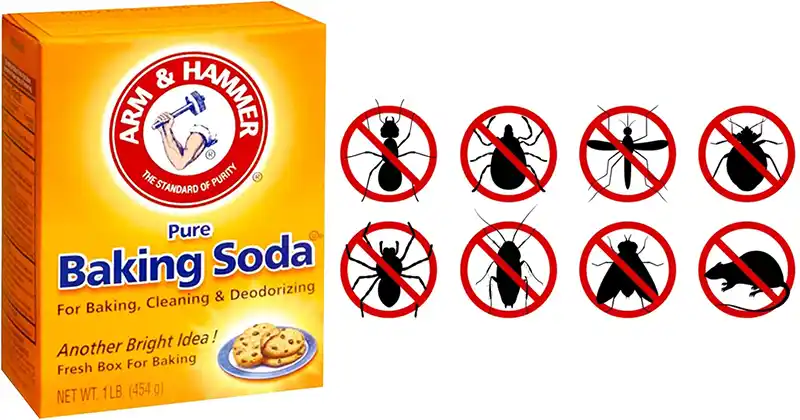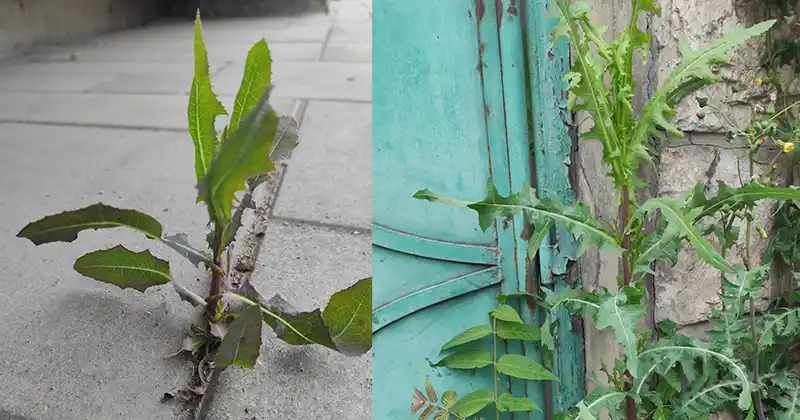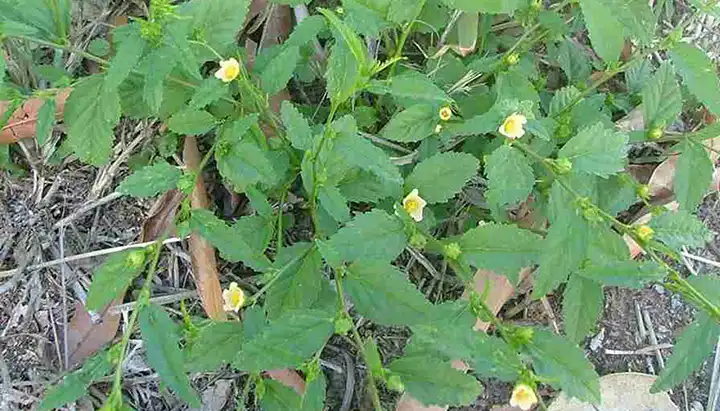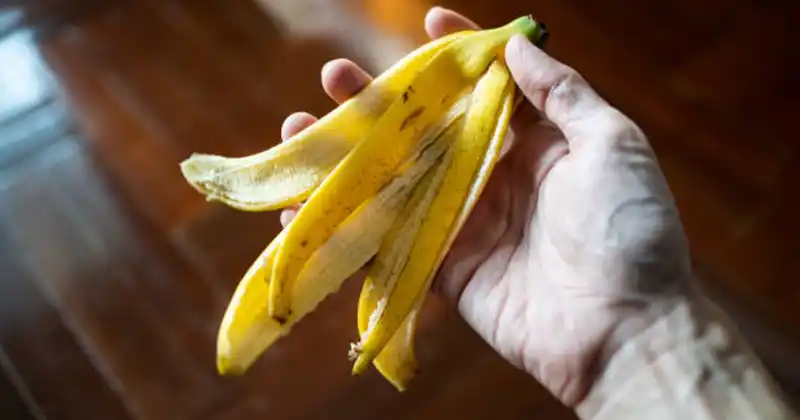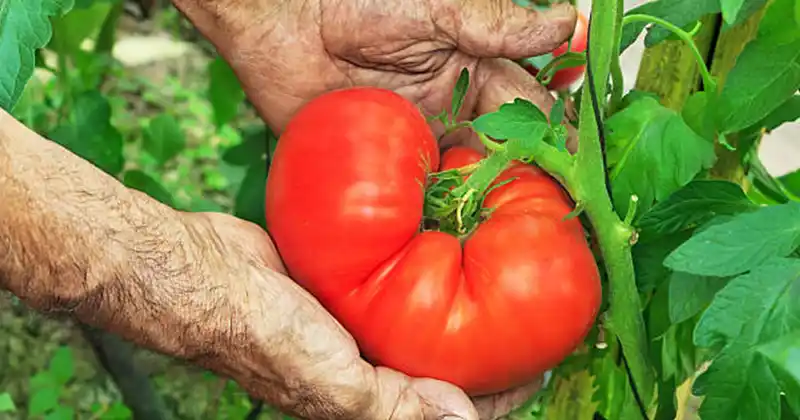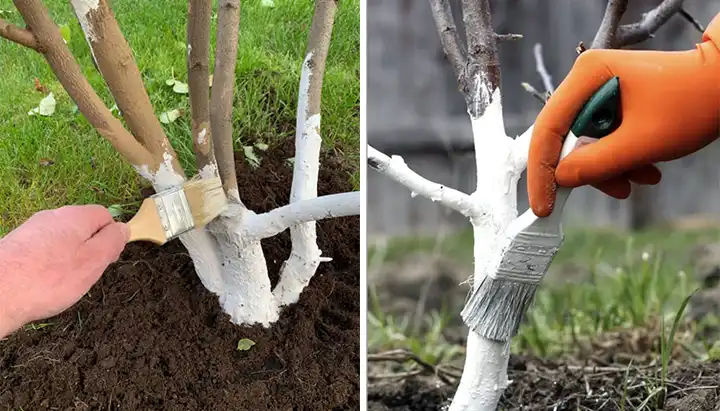7 Simple and Organic Homemade Recipes for Combatting Common Garden Pests
Gardens are sanctuaries, bringing joy and beauty into our lives. However, they are also vulnerable to a variety of common pests, including aphids, mealybugs, spider mites, whiteflies, caterpillars, slugs, snails, and more. These tiny invaders can wreak havoc on our beloved plants, but fear not! Nature has provided us with a plethora of solutions. In this article, we’ll explore seven simple, organic, and effective homemade recipes to safeguard your garden against these common pests, ensuring your plants thrive in a healthy, chemical-free environment.
1. Soap Spray
- How to Make: Mix 1-2 teaspoons of mild liquid soap (preferably organic) with 1 quart of water.
- How to Use: Spray directly onto the pests and the affected areas of the plant, ensuring to cover undersides of leaves.
- Frequency: Repeat every 4-7 days until pests are gone.
- Effectiveness: Works well against aphids, spider mites, whiteflies, and mealybugs.
- Precautions: Test on a small area first as some plants may be sensitive. Avoid using in direct sunlight to prevent leaf burn.
2. Garlic or Chili Pepper Spray

- How to Make: Blend one garlic bulb or a handful of chili peppers with two cups of water. Strain the mixture and add one quart of water.
- How to Use: Spray on the plants, focusing on areas where pests are prevalent.
- Frequency: Apply every 5-7 days or after rain.
- Effectiveness: Good against a broad range of pests due to its strong odor and taste.
- Precautions: Wear gloves and avoid contact with eyes. Do not use on young seedlings.
3. Vinegar Solution
- How to Make: Combine 1 part vinegar with 3 parts water. Add a teaspoon of liquid soap to help the solution stick to plants.
- How to Use: Spray directly onto pests or areas with slug and snail activity.
- Frequency: Use as needed, but sparingly, as overuse can harm plants.
- Effectiveness: Best against slugs and snails.
- Precautions: Test on a small area first; vinegar can be harsh on some plants.
4. Baking Soda Spray
- How to Make: Mix 1 tablespoon of baking soda with 2 liters of water and a few drops of liquid soap.
- How to Use: Spray on the foliage, especially where fungal diseases appear.
- Frequency: Once a week or after rain.
- Effectiveness: Helps prevent and treat fungal diseases; some pest-deterrent effect.
- Precautions: Avoid overuse as it can affect soil pH.
5. Milk Spray

- How to Make: Mix 1 part milk with 9 parts water.
- How to Use: Spray on the plants, targeting areas affected by mildew and fungi.
- Frequency: Every 7-10 days.
- Effectiveness: Primarily against powdery mildew and other fungal issues.
- Precautions: Use skimmed or low-fat milk to avoid unpleasant odors.
6. Essential Oil Spray
- How to Make: Add a few drops of essential oils like peppermint, eucalyptus, or neem to a quart of water with a teaspoon of soap.
- How to Use: Spray over the plants, particularly on the undersides of leaves.
- Frequency: Every 4-7 days or as needed.
- Effectiveness: Deters a variety of pests and can even repel some rodents.
- Precautions: Test on a small area first, as some plants might react to the oils.
7. Tobacco Spray

- How to Make: Soak 1 cup of dry tobacco in a gallon of water for 24 hours.
- How to Use: Strain and spray onto plants.
- Frequency: Use every 5-7 days.
- Effectiveness: Against various soft-bodied pests.
- Precautions: Avoid use on plants in the Solanaceae family, such as tomatoes, peppers, and eggplants.
With these seven simple and organic homemade recipes, you can effectively combat common garden pests in a way that’s safe for both your plants and the environment. Regular monitoring of your garden and timely application of these solutions will help maintain your garden’s health and vitality. Remember, the key to pest control is persistence and consistency. Happy gardening!
Inspired by this? Share the article with your friends!